The Benefits of Using Pavers for Driveways and Walkways
Investing in the right materials for driveways and walkways is a crucial decision for homeowners seeking durability, aesthetics, and long-term value. Over the years, paving materials have evolved significantly, offering a diverse range of options. Among these materials, pavers have become increasingly popular due to their numerous advantages. Homeowners and developers alike are choosing pavers over traditional concrete and asphalt because of their superior performance and design flexibility. Explore the many benefits of using pavers for driveways and walkways, highlighting their role in improving property value, environmental sustainability, and user safety.
Durability and Longevity
Pavers are designed to withstand a variety of extreme weather conditions, making them an ideal choice for all climates. Unlike concrete or asphalt, pavers are not as susceptible to cracks caused by temperature fluctuations. According to HomeGuide, depending on factors like installation quality, paver type, maintenance, and climate, a paver driveway can last 25 to 75 years. Their interlocking design allows for movement, which helps prevent damage from freeze-thaw cycles. Furthermore, the material composition of pavers is naturally resistant to UV degradation, maintaining their color and structural integrity over time. This resilience not only extends the lifespan of driveways and walkways but also reduces the need for frequent repairs.
Another standout feature of pavers is their load capacity, which contributes to their durability. Engineered to support significant weight, pavers can withstand the pressure of vehicles without cracking. Unlike a continuous slab of concrete that can break under stress, individual pavers distribute weight evenly. This characteristic makes them a practical choice for driveways and walkways that experience heavy use. Over time, this load-bearing capability minimizes the occurrence of surface damage, further extending the functionality of the paved area.
Flexibility in Aesthetics and Design
Design flexibility is a key selling point for pavers, beginning with the vast array of available colors. Homeowners can choose from earthy tones to vibrant hues, tailoring the look of their driveways and walkways to suit personal tastes. This color variety allows for seamless integration with existing architectural and landscaping elements. Additionally, pavers retain their color over time due to UV resistance, making sure the visual appeal endures. The ability to customize color significantly enhances the overall aesthetic value of any property.
Aside from color, pavers offer a multitude of patterns and shapes that allow for creative and unique designs. From classic brick patterns to intricate geometric layouts, pavers can match both contemporary and traditional styles. Their modular nature means they can be arranged in an almost infinite combination of designs. This design versatility is particularly appealing to homeowners looking to add a personalized touch to their outdoor spaces. The end result is a one-of-a-kind driveway or walkway that adds visual interest and sophistication to a property.
Affordability and Long-Term Value
While the initial cost of installing pavers may be higher than some traditional materials, the long-term economic benefits are significant. Pavers require less frequent repair and maintenance, which reduces overall costs throughout the lifespan of the installation. Additionally, their durability means fewer replacements, keeping expenses low over time. The initial investment in pavers can result in savings for homeowners due to reduced long-term maintenance costs. In this way, pavers emerge as an economically sensible choice for enhancing outdoor spaces.
Homeowners who invest in pavers can see an increase in their property value, further justifying the initial expense. The aesthetic enhancement provided by pavers can make a home more attractive to potential buyers. The enhanced curb appeal, combined with the functional benefits of durability, may lead to a higher sale price. This potential for raising property value highlights pavers' role as not only an element of design but also a financial asset.
The costs associated with paver installations vary but are often offset by their long-term benefits. Although the upfront cost may seem high, the extended lifespan and reduced maintenance requirements make pavers economically favorable. Over time, the initial expenses diminish in significance when considering the durability and aesthetic appeal. The choice to invest in pavers can save money that might otherwise be spent on frequent repairs or replacements with lesser materials. Ultimately, the long-term economic impact of choosing pavers outweighs the initial installation costs.
Permeability and Environmental Benefits
Pavers are highly regarded for their environmental benefits, particularly in water management and permeability. Their design allows rainwater to seep through the joints, reducing surface runoff and promoting natural groundwater recharge. This permeability helps mitigate flooding and lessen the load on municipal stormwater systems. In this way, pavers contribute to more sustainable water management practices. Homeowners choosing pavers can feel confident in supporting environmentally responsible landscaping choices.
The manufacturing of pavers often embraces sustainability by using eco-friendly materials and processes. Many pavers are made from locally sourced, natural materials, reducing the environmental footprint associated with transportation. Additionally, some manufacturers incorporate recycled content into their paver production, decreasing waste and resource use. This commitment to sustainability extends to the installation choices that homeowners can make, enhancing the green appeal of pavers. As a result, pavers align well with the broader movement toward sustainable building and design practices.
Pavers play a crucial role in reducing the urban heat island effect, a common issue in densely populated areas. Their lighter color options and design features can reflect more sunlight compared to asphalt or concrete surfaces. This reflective quality results in cooler outdoor temperatures, improving comfort and reducing the necessity of air conditioning. Pavers' capacity to counteract heat absorption contributes to the overall reduction of urban temperatures. This environmental benefit makes pavers a preferred choice for eco-conscious homeowners and designers alike.
Safety and Functionality
Pavers offer intrinsic safety benefits, notably with their non-slip surfaces that reduce the risk of slips and falls. Textured paver surfaces provide traction even when wet, making them an ideal choice for areas prone to moisture. Customizing pavers with anti-slip coatings or choosing rougher textures can enhance this safety feature. The design of paver walkways or driveways can significantly contribute to the safe mobility of family members and visitors. As such, pavers are a practical selection for maintaining safety without sacrificing style.
Pavers can be tailored to accommodate accessibility needs, ensuring safe and comfortable use for all individuals. They can be installed at various inclines and grades to accommodate mobility devices, such as wheelchairs or walkers. This adaptability promotes inclusivity in design, offering easy access to all areas of a property. Maintaining smooth, even surfaces further enhances the safety and accessibility of outdoor spaces within a home. By choosing pavers, homeowners can create an environment that is both functional and welcoming to everyone.
Pavers inherently resist stains and spills, a valuable feature for maintaining clean, attractive outdoor areas. Their surface is less porous than traditional materials, minimizing absorption of liquids like oil, grease, or rust. Stain prevention measures can be further reinforced through sealants that protect the surface. Routine cleaning is often enough to keep pavers looking great, contributing to the longevity and attractiveness of walkways and driveways. This resistance to staining underscores pavers' practicality as a durable, low-maintenance paving solution.
Pavers present a compelling case for enhancing driveways and walkways with their numerous benefits. Their durability, design flexibility, and economic advantages make them a preferred choice over traditional paving materials. Moreover, pavers integrate environmental considerations, offering sustainability in both materials and function. With growing importance in sustainable design and landscaping, pavers contribute to elegant, functional, and environmentally responsible outdoor spaces. As a versatile and robust solution, pavers represent a strategic investment for homeowners committed to quality and design excellence. For all of your paver needs, reach out to Endless Summer Hardscapes today!
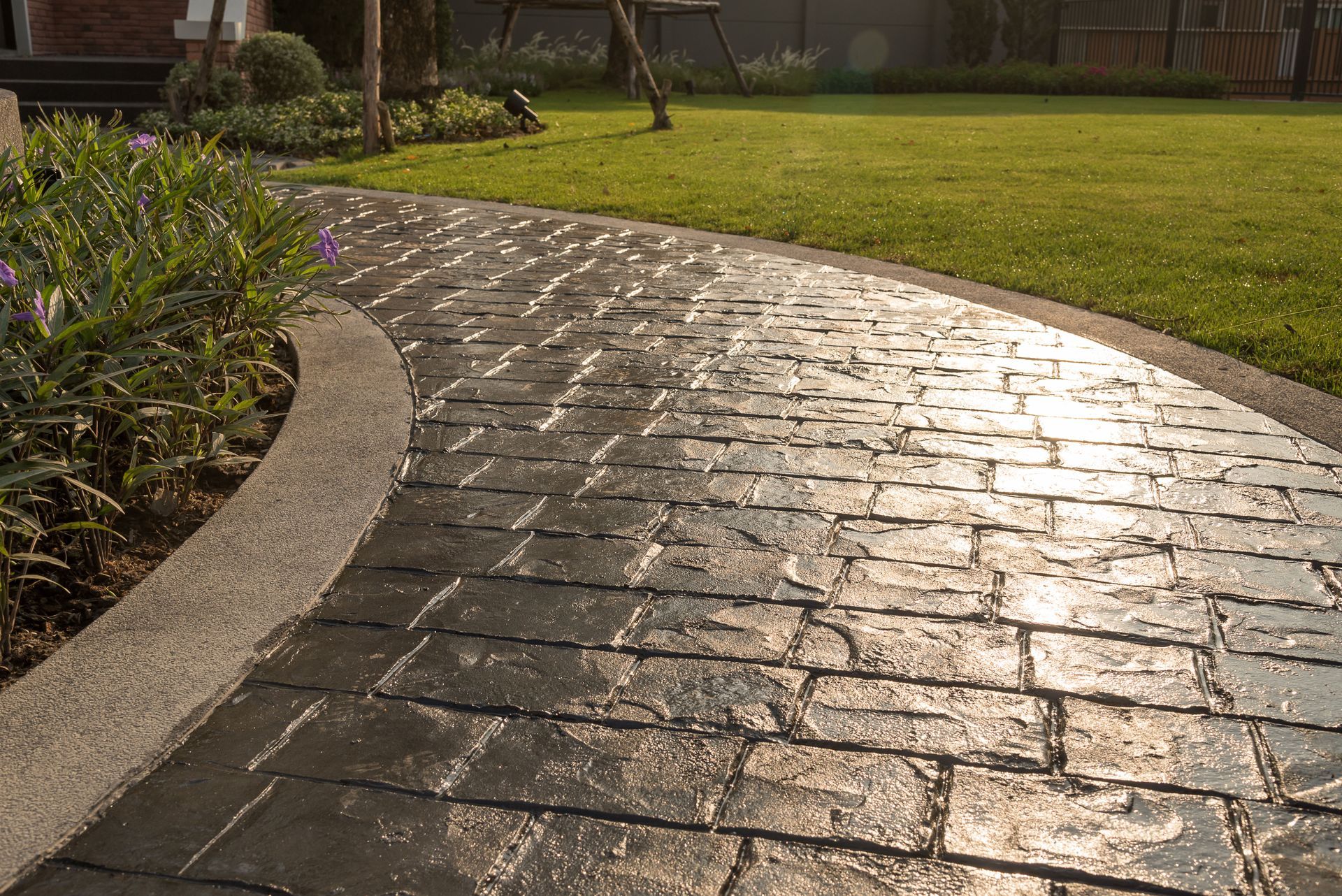

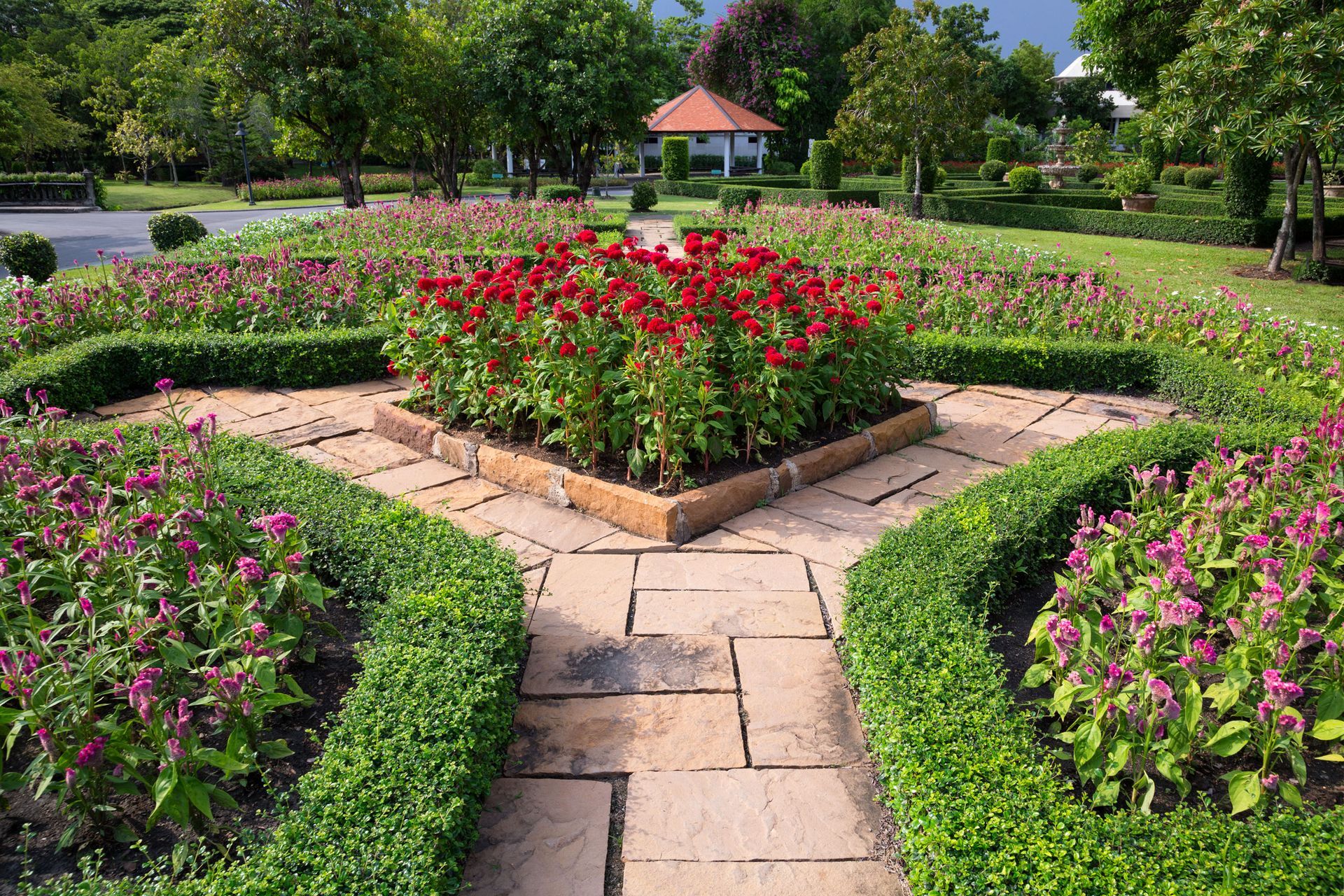
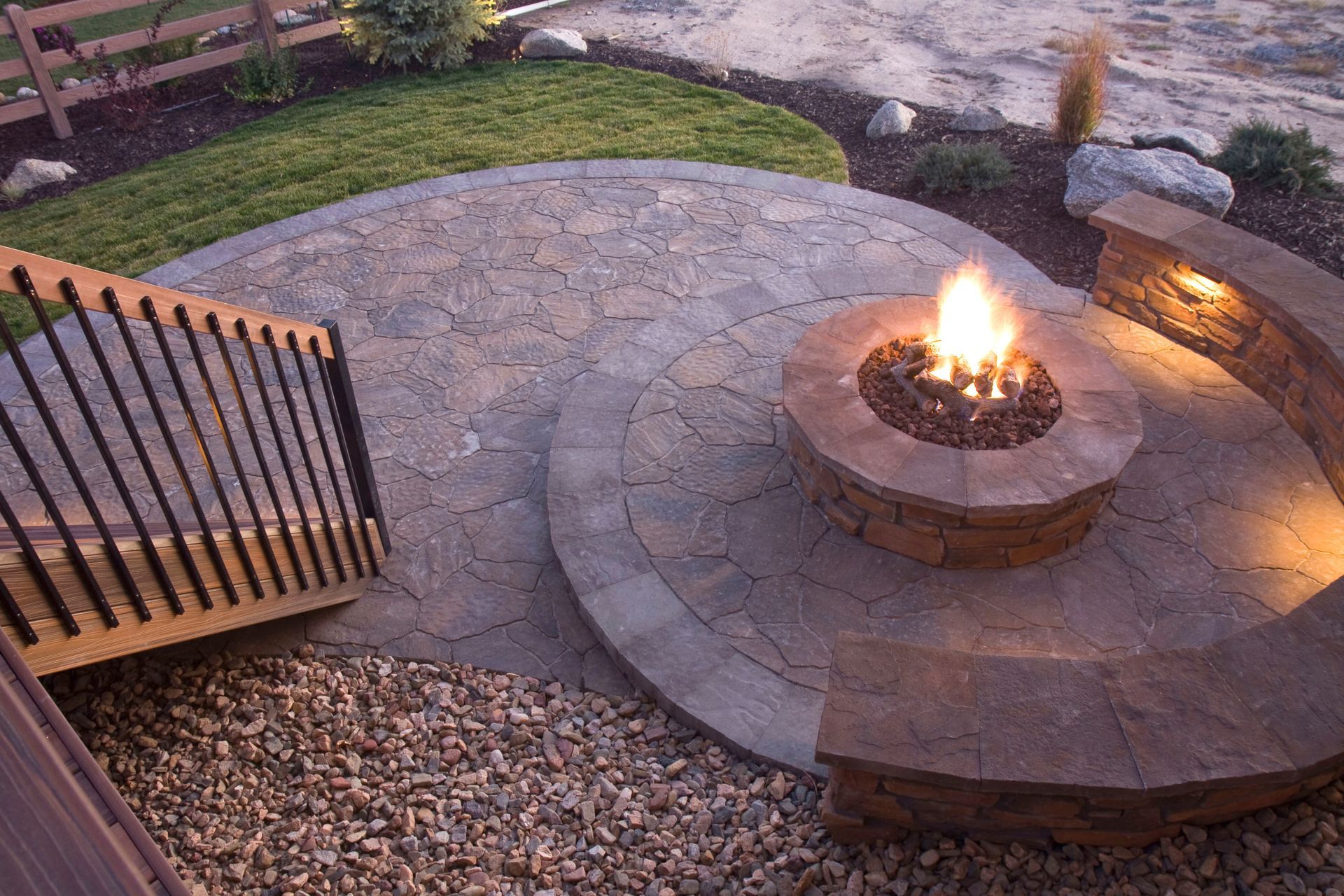
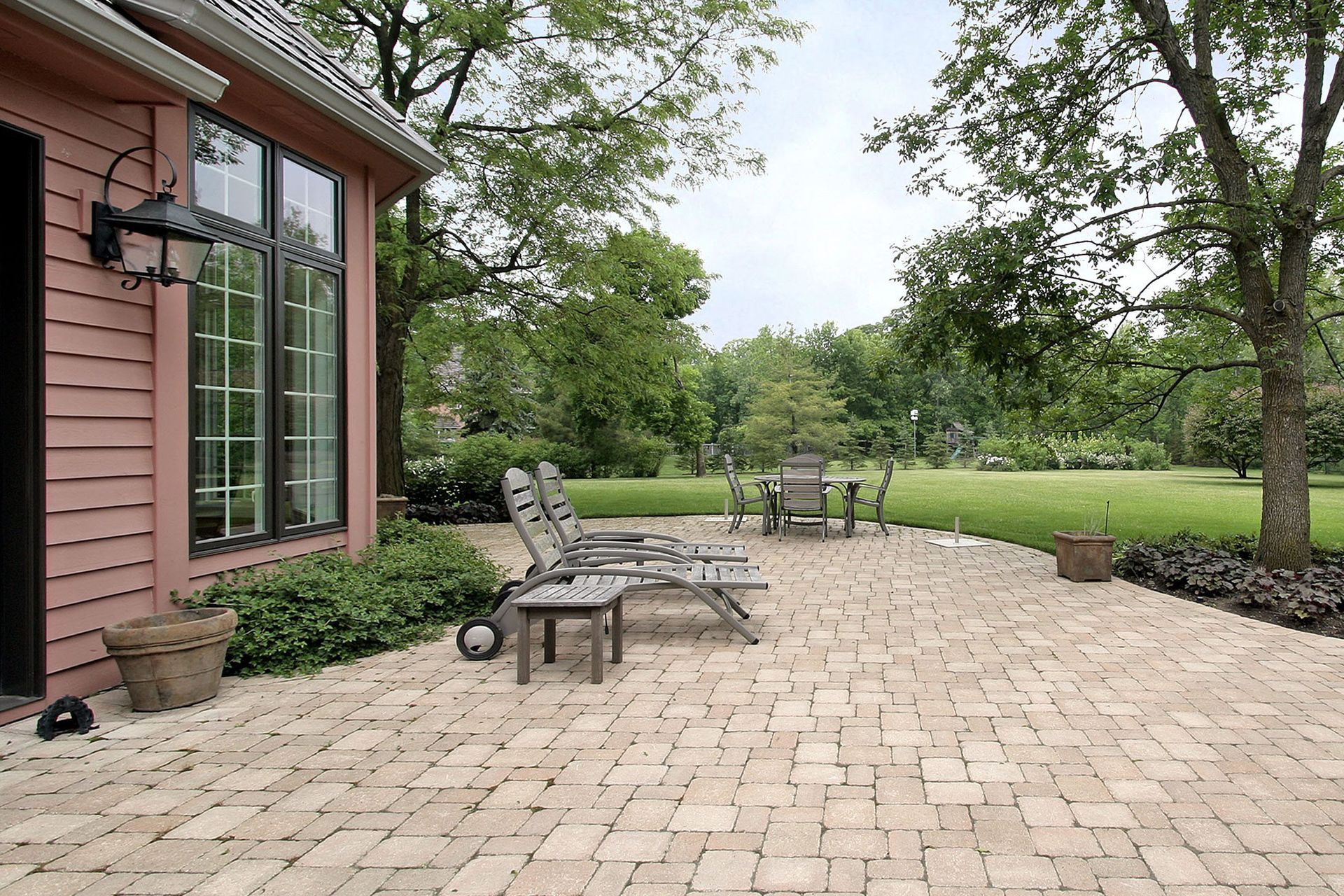



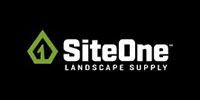


Share On: